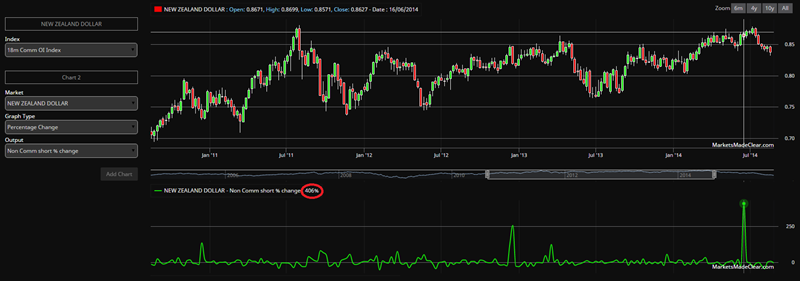Trading can be a lonely experience for many traders, usually requiring traders to sit in an empty room all alone either analysing markets or entering and managing trades. It’s easy in this situation to sometimes feel you are at a disadvantage to other traders and in par ticular, brokers or professional traders.
This is when the feeling of being watched starts to show itself, whether it be brokers or banks or whoever, that feeling of ‘they’ always seem to know what I’m doing is never far away, with some traders believing that they simply can’t compete with the superior knowledge other traders have. Surely they know more than any trader sitting at home in their bedroom, right?
If you think of trading in those terms it will be very hard to succeed as it simply gives you an excuse for every losing trade. If however you accept that some traders have more information than others, you will eventually ask yourself one of two questions.
1. Where can I get all the information they have?
2. What are they doing with their information?
Question 1 might be the obvious one to ask but you will find it is impossible to fulfil as you simply don’t have the access or the time to be that well informed. Question 2 is where it all starts to make sense. So ‘they’ have more information than I do, but what are they doing with it, i.e. what trading decisions are they basing on the information they have. It’s time you did some watching of your own.
Let me show you what I mean. Last summer NZDUSD was trending nicely higher, and pushing up towards new highs. Now as most speculative traders are drawn to trends its inevitable NZDUSD would have been a target for many traders. Two weeks before this market topped in early July 2014 however, something happened, the traders with ‘the information’ changed their minds, instead of continuing to buy the uptrend they sold in extreme numbers. What that information was is irrelevant, it’s how those that move these markets responded to that information that is important, and move it they did. NZDUSD reached its high two weeks later and began a major downtrend.
As a ‘home’ trader sitting at home alone, having this information would have meant two things,
a. you would not have lost money trying to buy the end of the uptrend and,
b. you could have been ready for and indeed profited from the move down.
In today’s financial markets there is only one way we can see how traders are responding to changing information, and that is via the
Commitments of Trader report. The image below shows how much selling was done by traders at the top of this market.

A 400% increase in short selling was registered that week, as illustrated by the
% change spike (green line), why? I don’t know and ultimately I don’t need to know. What I do need to know is that without buyers this trend is over so I better close my long trades and expect a big turn around in this market very soon.
Conclusion
There is no getting around the fact that we need brokers, a middleman that gives us access to the same markets as the billion pound high rollers who move the markets. Yes that means they can see our orders and yes they can, and often do take the other side of our trades, but does it really matter?
I learnt very early to in trading I can either complain about how the markets are stacked in favour of large traders or I can embrace the markets for what they are and use what I can to my advantage. Like in battle, you need to adapt, find weaknesses and build on your strengths. COT data is a weakness professional traders have that can give me an advantage, even while I sit in my bedroom.